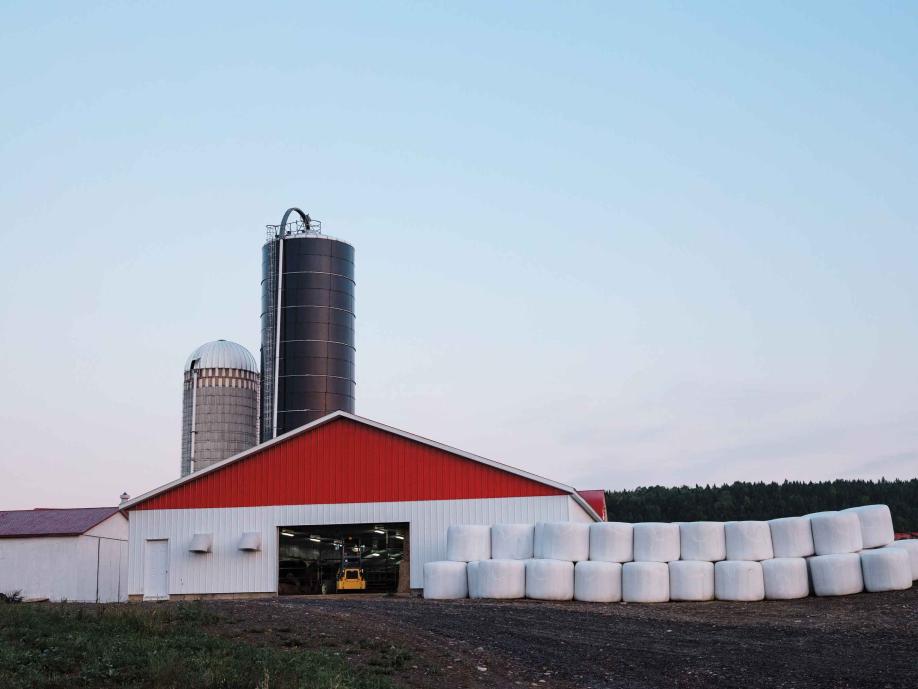Cooperatives: Stronger amid crises

With the worst of the pandemic behind us, we can look back at this difficult period in many ways. Like all of us, organizations too have had to adapt and develop strategies to deal with the crisis.
Anne-Marie Merrien[1], a researcher at Sherbrooke University’s Research and Education Institute for Cooperatives and Mutuals (IRECUS), along with other Canadian researchers, has been looking at how the first 18 months of the pandemic affected Canadian cooperatives and mutuals.
Her survey identified three main findings: stability, solidarity and a cooperative network.
Cooperatives were extremely stable during the pandemic, with most of them experiencing an increase in demand and reporting fewer layoffs than other types of organizations. According to the study, cooperatives also displayed a great deal of solidarity with their members, employees, and communities. Lastly, being part of a network really helped them to weather the crisis.
The researcher believes this is because cooperatives address concrete fundamental community needs such as food, housing or home care services, and they are therefore better able to withstand crises like the pandemic.
A 2022 study[2] also found that the ten-year survival rate of cooperatives is more than twice that of companies. It concluded that this is because important decisions are made democratically by and for the members and take collective needs into account.
The study in question is part of a more comprehensive project that will be published in the near future by Co-operatives and Mutuals Canada.
Read the IRECUS survey here: Report_Survey_Co-op Covid_Feb21_2022_EN (irecus.org)
[1] Anne-Marie Merrien, M. Adm, Ph. D. is a postdoctoral researcher and lecturer at IRECUS.
[2] Conseil québécois de la coopération et de la mutualité. https://www.cqcm.coop/solutionscoop/site/assets/files/1106/faits_sailllants_-_etude_taux_de_survie_des_coops_2022_vf.pdf
About IRECUS
IRECUS is one of the largest centres of expertise of its kind in the country. Funded by the Québec cooperative and mutual movement, IRECUS was created in 1976 to consolidate and disseminate new knowledge about the cooperative and mutual business model. In addition to playing an instrumental role in governing IRECUS, Agropur is a key partner of the Institute and has contributed to numerous research and training projects over the last 46 years.
The Cooperative as a sustainable economic model
Like farms, some of which have been passed down from generation to generation over many decades, Agropur has also been passed down from one generation to another for nearly 85 years. This sustainability testifies the relevance of our Cooperative, which is firmly rooted in the communities where it is established. With an organization that is always modern and relevant, there is reason to be proud of our business model!
NEXT NEWS
An achievement we can be proud of
Here's another product made from milk produced on your farm. Metro's Irresistible ice cream bars.








